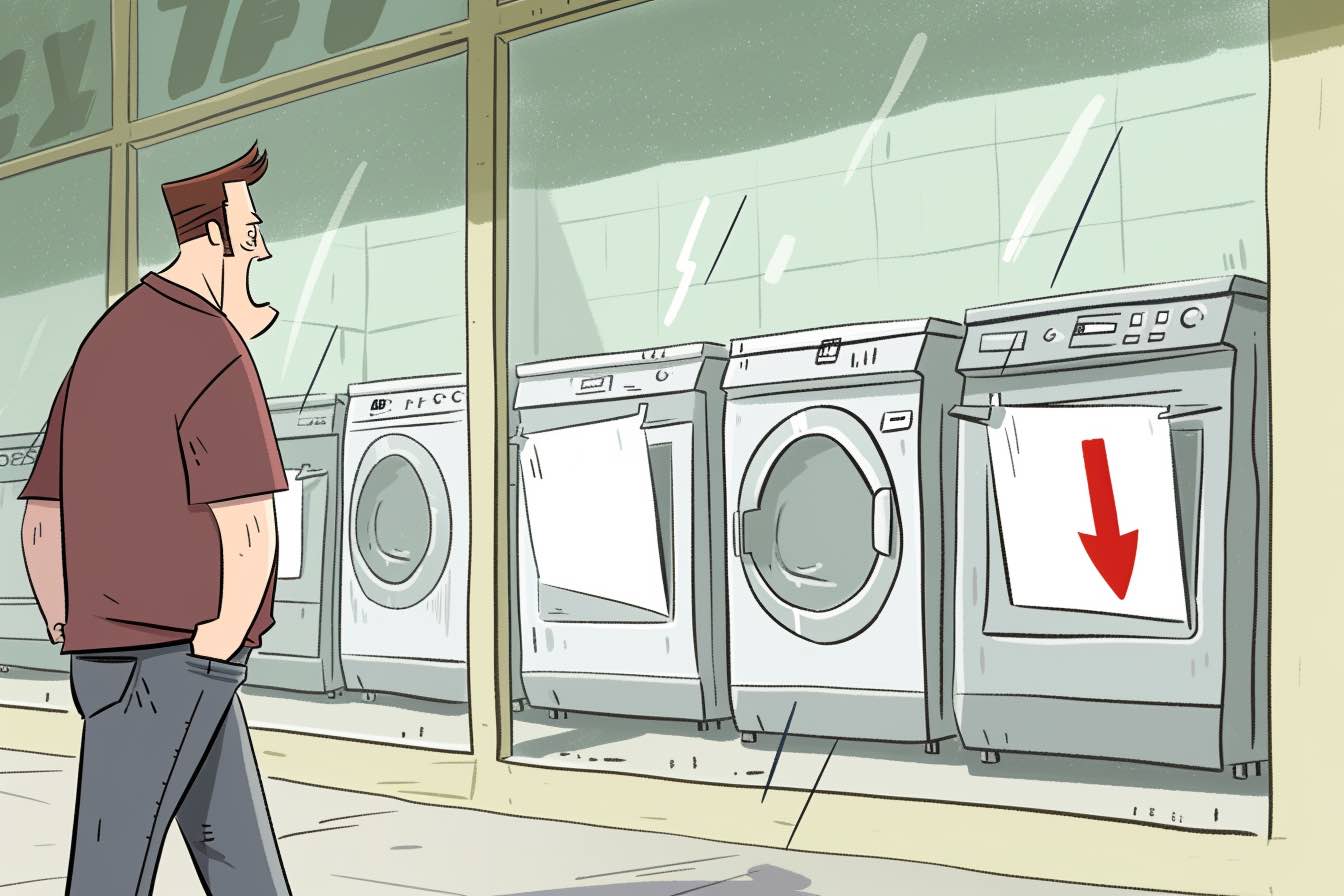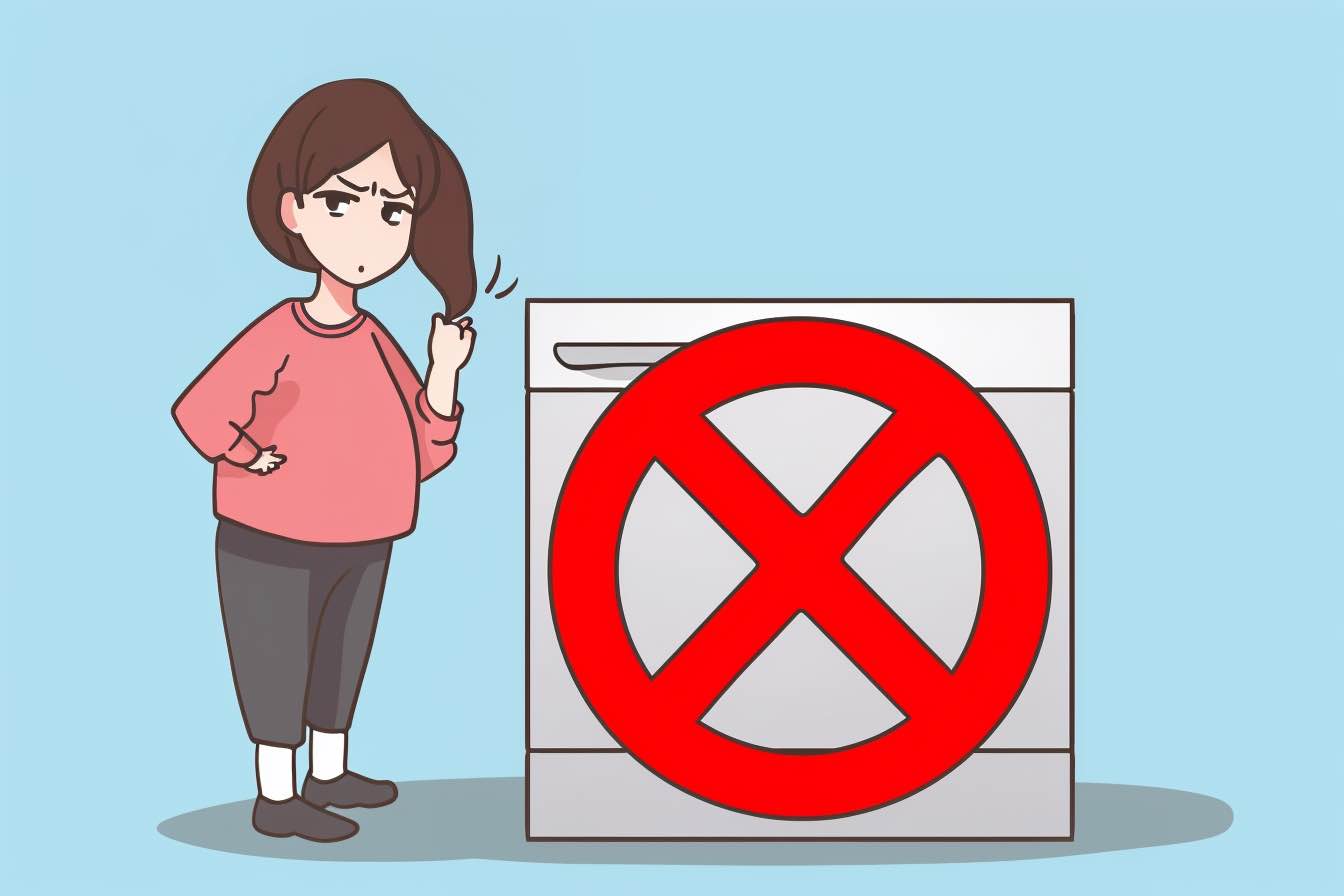Ever want to see how customers screw up? Then spend a few hours looking over the shoulder of a consumer advocate.
Watch the emails come in — and learn.
“Need help getting a refund on a non-refundable airline ticket,” the subject line reads on a message I received a few minutes ago.
I get a lot of travel complaints.
“Yesterday, I went to ER due to heart palpitation and chest pain,” the passenger explained. He phoned his airline to ask for a refund due to his medical condition — an understandable request, coming from someone who’s an infrequent flier.
“They won’t refund my ticket,” he added. “Can you please help me on this?”
Answer: Yes and no. He should have asked his airline for a ticket credit instead of a refund. Airlines can, and do, let you use the value of your ticket toward a future purchase, minus a change fee. He was asking for the wrong thing. (Related: Should I turn down cases because of an entitled attitude?)
Customers have instincts which often lead them down the wrong path toward resolving a legitimate complaint. But you don’t have to let that happen to you. (Here’s our guide to getting a refund on a non-refundable airline ticket.)
Ready, fire, aim
One of the biggest reflex mistakes customers make is taking a relatively small complaint straight to the top. They experience a service lapse and write a lengthy email to the CEO, whose address isn’t hard to find (I list them on my consumer advocacy website). While these minor issues might seem like a big deal to you, the complaint is usually going to the wrong place. A better place to start is the company’s customer service phone number or email address, which is equipped to field minor grievances.
I’ll sue!
In a flash of anger, your first instinct may be to threaten the company. A few moments ago, for example, I received an email from someone who had spent $22 on a magazine subscription. The magazine went out of business, and instead of waiting for the bankruptcy court to sort through the mess or disputing her credit card, she issued an ultimatum: “Refund the money or I’ll sue.” That’s an understandable reaction, but unless you’re prepared to actually go to court, you may end up with nothing. The company will just forward your grievance to its legal department, which will quickly determine that you’re making an idle threat. Case closed.
You’re going down
Another common — and often misguided — reflex is to tell the world, often via social media, about your unhappiness. I refer to this as the social media takedown, and while it can be an effective tool to get a company’s attention, it should never be your first move. I encounter these vengeful Tweets online almost every day, when something goes wrong and suddenly the company is called out in an effort to shame it into doing the right thing. They tag me, too, so that I know the aggrieved customers mean business. My advice? Try sending a brief, polite email outlining the problem before you take to the airwaves with a social media blitz. After all, wouldn’t you want the opportunity to resolve a problem before the world knew about it?
These three reflexes — to shame, to sue and to take it straight to the top — are completely understandable in the heat of the moment. But at times like this, you have to pull your punches. Take a moment to review the terms and conditions of your purchase, then take a deep breath before complaining to the company.




